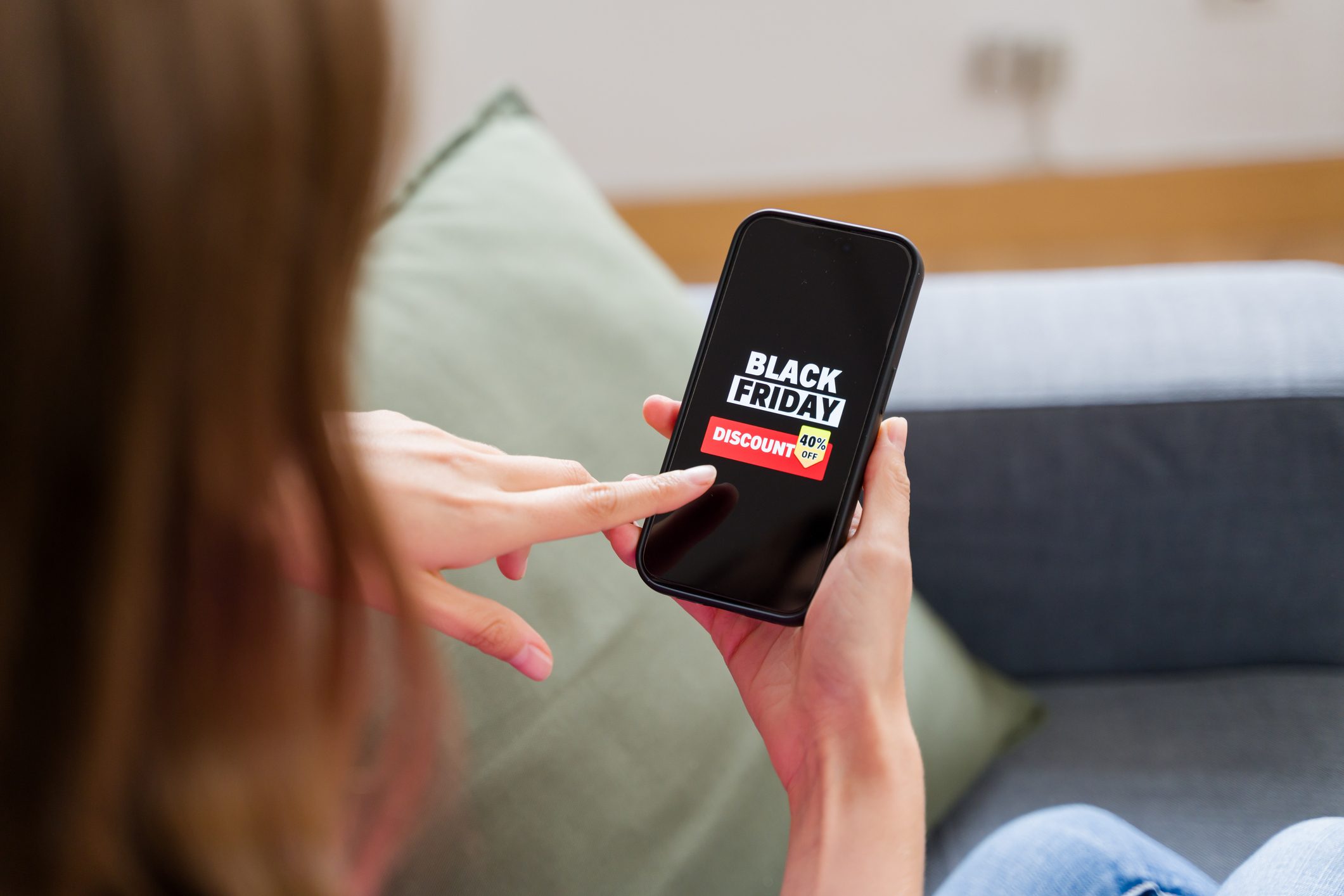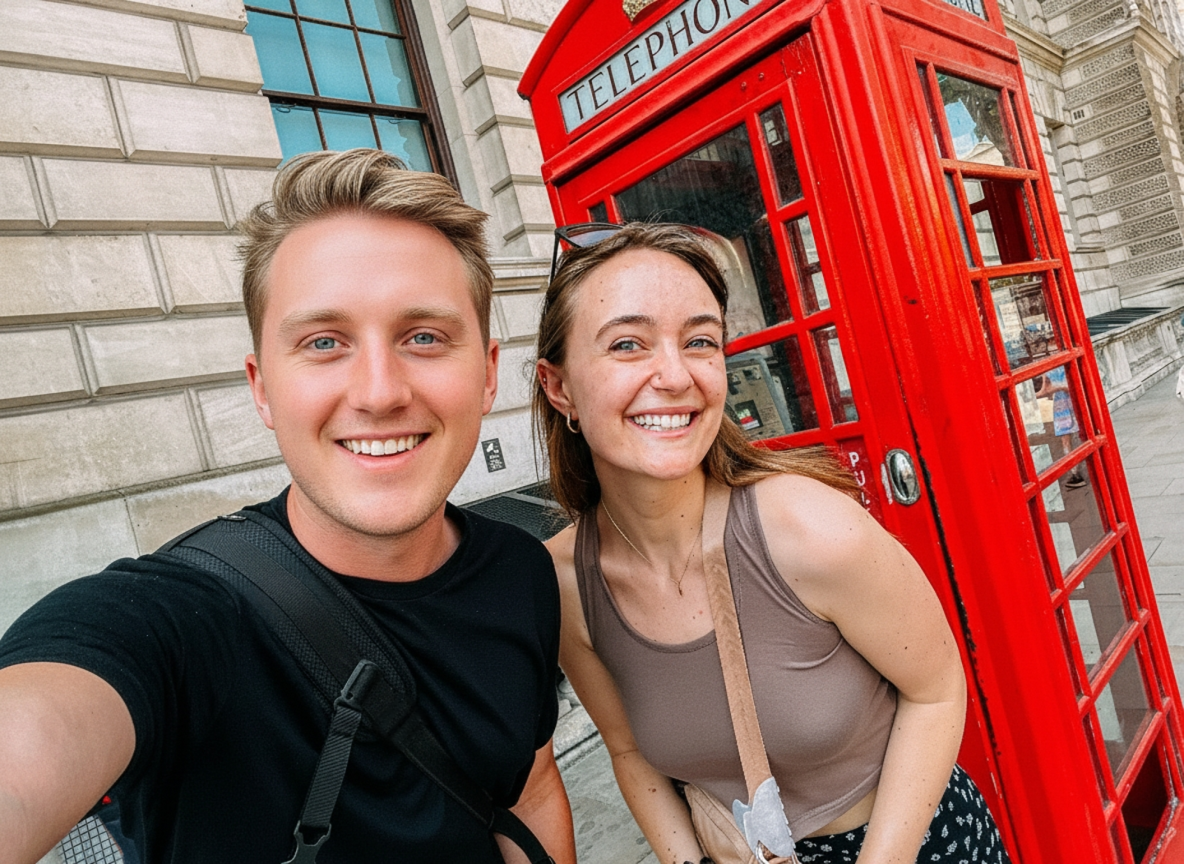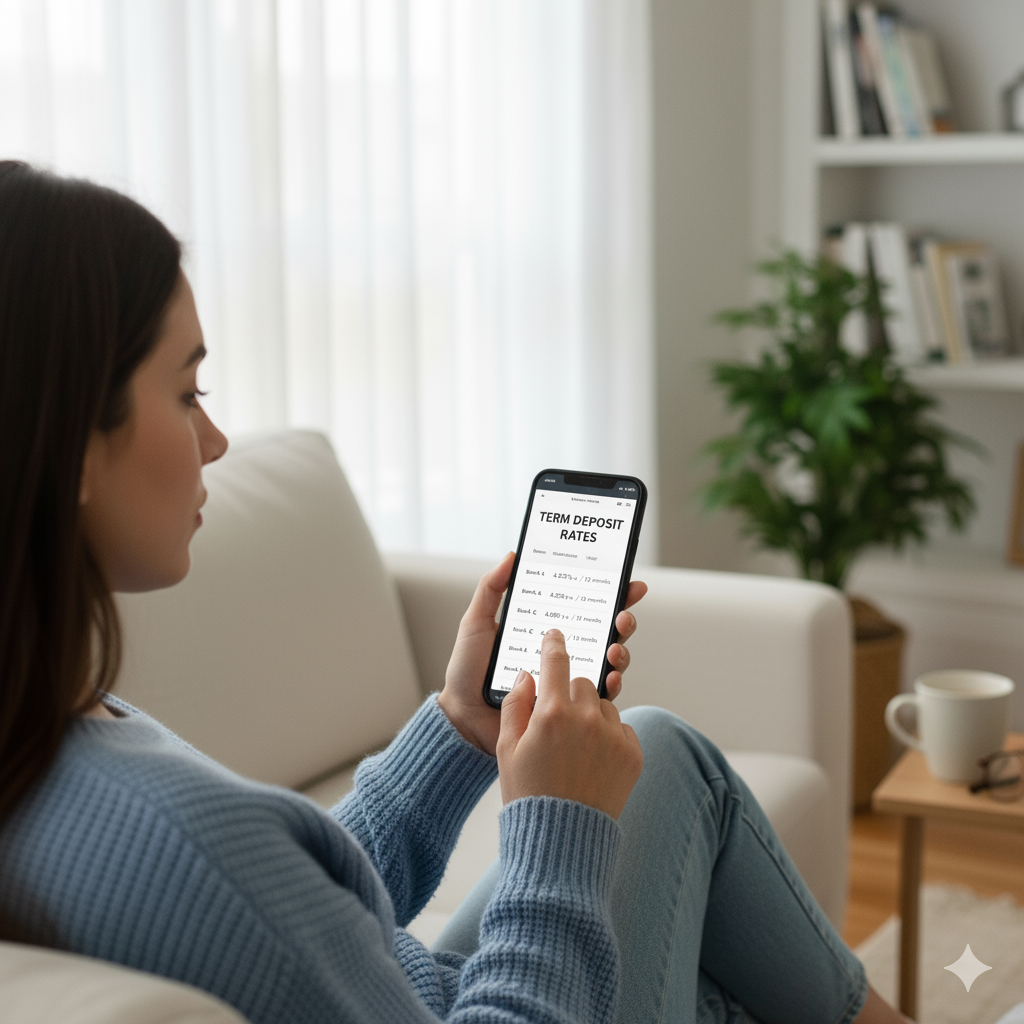Save money on your banking
Mozo, Australia's money saving zone, helps you to start saving money by comparing retail banking products like home loans, insurance, savings accounts, credit cards and much more. If you want excellent money saving ideas, we have you covered.
Find out which financial products and services are the best for your situation. Whether you are a student looking for financial advice or a new home owner trying to choose the best loan - there is advice and tips on saving money on the Mozo that will make life easier for you.
Managing your money with Mozo
Money saving deals are everywhere but you need to know where to find them. Rather than trawling through all of the financial institutions' website, turn to Mozo, where you can find the right deals for you - that's the best way to save money when organising a new loan or term deposit. You could also join the Mozo community,
Need to know how much pocket money is a good amount for child? Or do you need advice on a particular loan decision? No matter how big or small your question Mozo's team of money experts will be able to answer your query.
Need some tips?
Saving money always sounds like a plausible plan, until that unexpected bill comes along! Good money management is a skill that everyone wants, but in reality they may find it hard to actually put into action.
Mozo offers an extensive catalogue of banking and financial reviews, blogs and feature money articles to help you learn how to manage your money. Our articles cover everything from getting a cash management account to exchanging foreign currency for your next big holiday. If you are after up-to-date money saving ideas, then check out these articles - they offer expert advice at the click of a mouse.
If you need ways to help you manage your money you've come to the right place. The first step is to create a budget - our budget calculator can help you work out where you could trim back your expenses to bring your debts under control. Once you feel like you're in charge of your financing, use our savings calculator to start saving for the things you really want - or, if you're ready to make that next big step, use the home loan calculator to see if you're able to buy a house.
Doing things the easy way
These are easy ways to save money - getting advice from the experts and taking advantages of online calculators and searches to work out what the best way for you to save money is - and which financial institutions can provide the best product for you!


%20(1)%20(1)%20(1)%20(1)%20(1).jpg)






%20(2).jpg)





.png)
